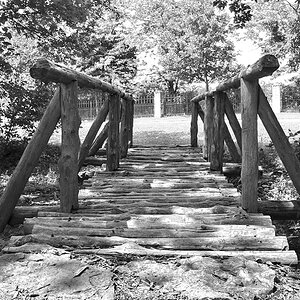Hi
I started taking some photography courses this year and bought my first DSLR in January which is Canon Rebel XTi and got 3 lenses with it.
1) 18-55mm (Kit Lense)
2) 50 mm 2.8f
3) 70-300mm
I am thinking of getting into wedding photography but i dont know why i think i should upgrade to a new technology but really confused because sometimes i think that insted of getting a new camera why dont i spend in a good lense.
What would you suggest?
I started taking some photography courses this year and bought my first DSLR in January which is Canon Rebel XTi and got 3 lenses with it.
1) 18-55mm (Kit Lense)
2) 50 mm 2.8f
3) 70-300mm
I am thinking of getting into wedding photography but i dont know why i think i should upgrade to a new technology but really confused because sometimes i think that insted of getting a new camera why dont i spend in a good lense.
What would you suggest?


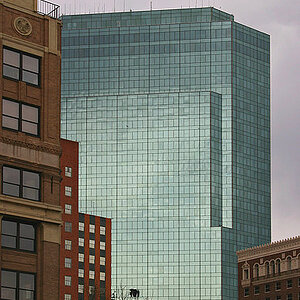
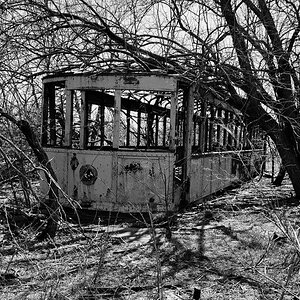
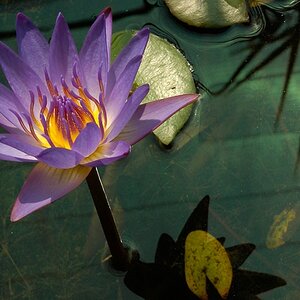
![[No title]](/data/xfmg/thumbnail/34/34070-2a43e701f983f62ada1c66a54d00be4e.jpg?1619736266)

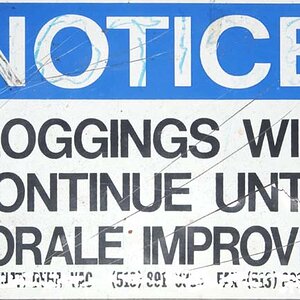
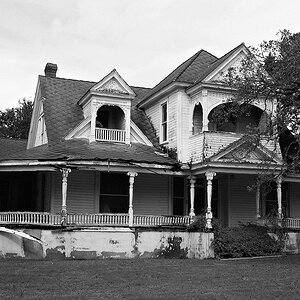


![[No title]](/data/xfmg/thumbnail/31/31977-2b717e032201241cbeae8226af23eba4.jpg?1619735136)
